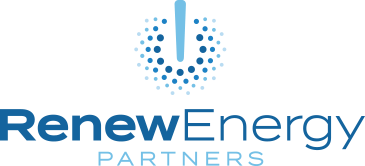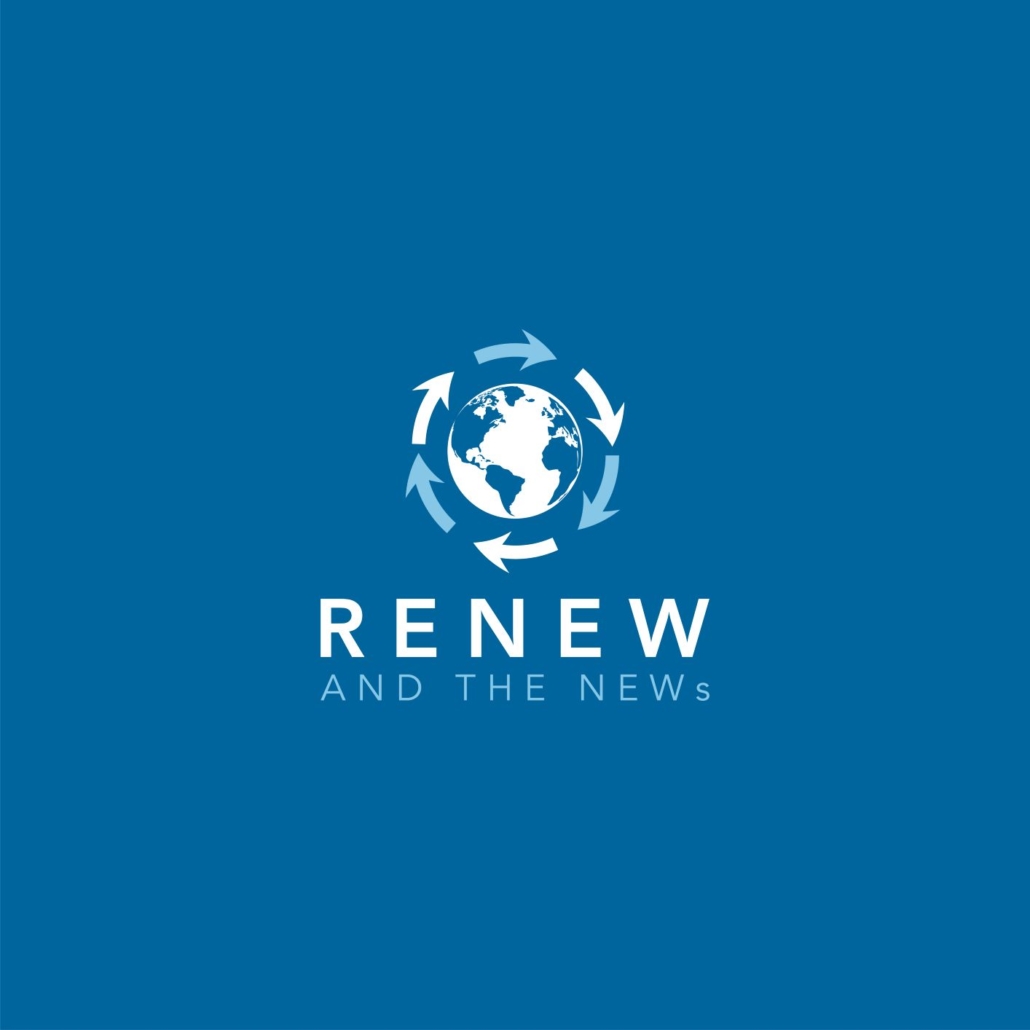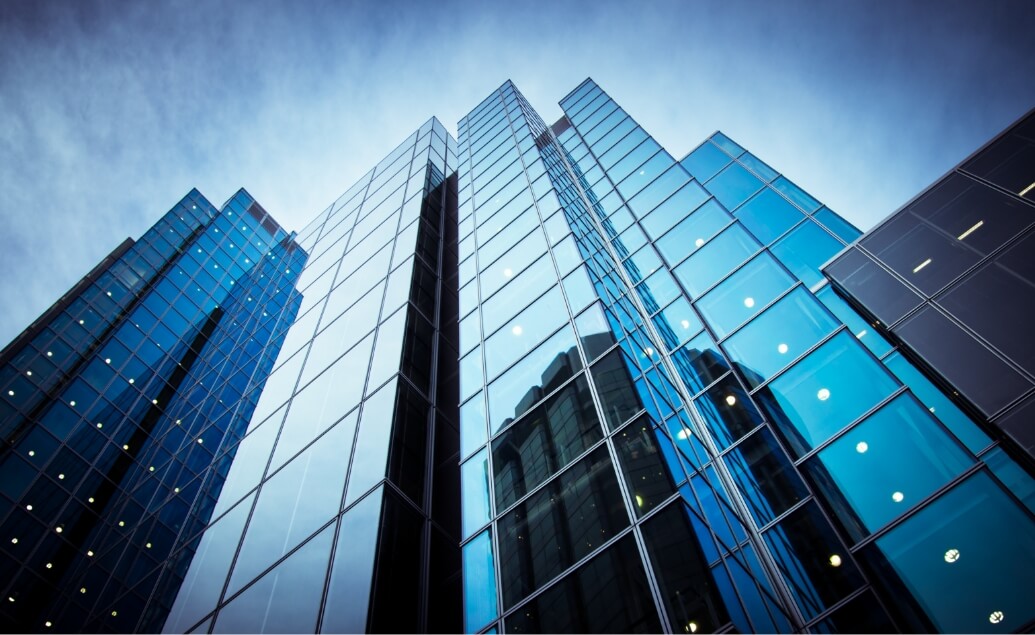The Blog
RENEW and the News | Titans of industry-leading the way
Titans of industry-leading the way
This month RENEW is reading about the companies setting sustainable goals in the effort to fight climate change. While governments have set various regulations, organizations around the world have taken it upon themselves to implement their own rules. After The Paris Agreement, entities including the Science Based Targets (SBTi), have been formed to create guidelines to oversee the sustainability goals companies will follow. Focusing on the services and consumer goods industries, these news articles have caught our attention.
Among these industry frontrunners is the technology company Apple, who announced in July 2020 their plan to use low-carbon aluminum for their products. Not only will other businesses be able to follow Apple’s footsteps, but there are other possibilities to decrease the carbon footprint of aluminum, such as a tax. Incidentally, “Apple said aluminum represented 27 percent of its product manufacturing footprint in 2015…Such efforts have reduced Apple’s aluminum-related emissions by 63 percent, the company reported in March.”
Focusing on institutions setting goals according to the SBTi, in January 2020, the technology company Microsoft announced its new sustainability goals to decrease their emissions and become carbon negative. In doing this, they vowed to remove “…all the carbon the company and its suppliers have emitted since its founding in 1975.” Since January, Microsoft has been reporting their progress on their goals.
Another impressive headway is the electronic commerce company Amazon, who announced in June 2020 their $2 billion fund to supply them with technologies in order to decrease their greenhouse gas emissions. The Climate Pledge, which Amazon began in September 2019, was the beginning of their plans to be carbon neutral by 2040. This June reporting was only a step to help Amazon reach its goals. In addition, “Amazon also announced today that by 2025, it will rely on renewable energy for all its energy use.”
The advancement of energy goals has spread to other fields, such as the AptarGroup, which is a packaging and supply company for various goods. They announced in August 2020 the SBTi’s approval of their emissions goals. This is in accordance with the SBTi’s regulations for Scope 1, 2, and 3. Aptar said it will decrease greenhouse gas emissions by 28% (Scope 1 and 2), raise their use of renewable electricity by 57%, and decrease their total greenhouse gas emissions by 14% (Scope 3) all from 2019-2030.
During the last week of August 2020, the Dairy Farmers of America (DFA) reported that their sustainable goals were accepted by the SBTi, and they are the first U.S. dairy cooperative to do so. By 2018-2030, the DFA proposes to decrease their “…direct and value chain greenhouse gas (GHG) emissions by 30%…”, and work to sustain the global temperature under a 2-degree Celsius increase. In addition, the DFA, the Innovation Center for U.S. Dairy, and the whole dairy business will work to be at least carbon neutral by 2050.
At the start of 2020, Ahold Delhaize, a food and supplies retailer, released their plans to become more sustainable and updated it in August 2020. By 2030, Ahold aims to reduce carbon emissions from their stores, manufacturing locations, and buildings by 50%, and including their supplies, to raise their low-carbon product assortment and decrease leftover materials in the effort to lower emissions by 15%. Their most recent plan is to provide new labeling measures and requirements for suppliers to identify any genetically modified food and guidelines to prevent animal mistreatment during the process.




